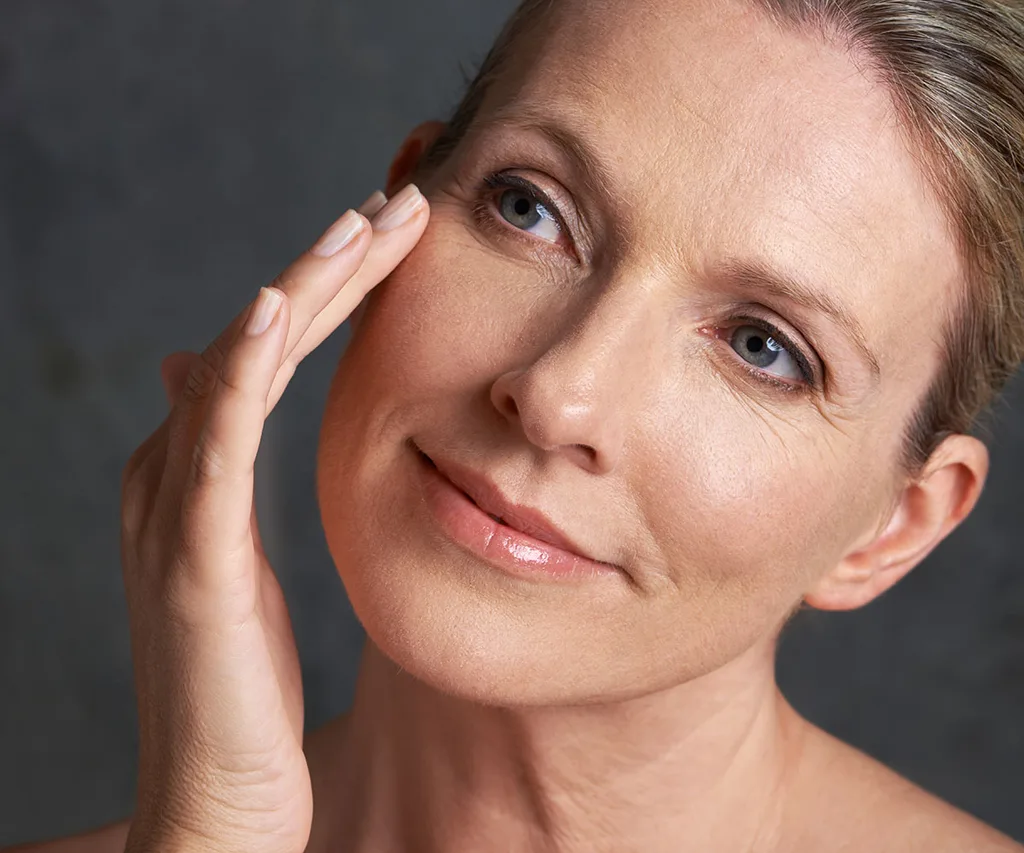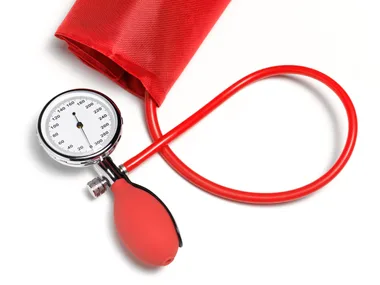When you’re young, your long-term health is barely on your radar — why would it be? Good health is often one of the perks of youth — but what you do now impacts your future health more than you think.
Instead of leaving your future-self to deal with a host of health issues, take control of your wellbeing early on — and advise friends and family members to do the same.
Not sure what you should be doing when? Here’s a list of check-ups you should consider based on your age, however having these checks at any stage of life is beneficial.

In your late teens skin cancer and sexually transmitted infections (STI) checks are important.
Late teens
Test: Skin cancer check
Why? Skin cancers still account for around 80 per cent of all newly diagnosed cancers in Australia every year. This means you should regularly check your skin for any changes, especially if you spend a lot of time in the sun. If you notice any new lumps or spots, or ones that you think have altered in appearance, book in to see your GP or a skin specialist as soon as possible. When it comes to skin cancer, early detection (as well as Slip Slop Slap Seek Slide) is still the best form of defence.
Where? Visit your GP who can assess your skin and refer you to a dermatologist, if necessary.
Test: STI check-up
Why? Anyone who is sexually active is advised to get regular checks for STIs where infections such as chlamydia, syphilis, gonorrhoea, genital warts and genital herpes as well as HIV and hepatitis can be detected. It’s especially advisable to get tested if you’ve recently had unprotected sex, particularly as some of the most common STIs show no symptoms at all. Vaginal sex, anal sex and oral sex, as well as genital and skin-to-skin contact can all put you at risk of contracting an STI if you have an infected partner.
Where? Most GPs offer full STI testing. And there’s no need to be embarrassed; it’s completely confidential and your doctor has heard it all before.

Make time for a blood pressure check every two years, or more regularly if you are on medication like the contraceptive pill or have a pre-existing medical condition.
20s and 30s
Test: Blood pressure test
Why? High blood pressure often doesn’t come with obvious symptoms, but left untreated, it could become a major risk factor for a stroke, heart disease and heart failure. Long-term high blood pressure can also affect other less-obvious body parts such as the eyes and kidneys, so it makes sense to monitor it now to see where you sit in the blood pressure range.
Where? This simple test can be carried out at your nearest Priceline Pharmacy for FREE. There’s no need to book, simply find your local Health Station online now and head in store.
Test: Cervical Screening Test
Why? The Department of Health are introducing a new method of early cervical cancer detection: the National Cervical Screening Program. From 1 December 2017 onwards, Australian women above the age of 25 will be urged to get a cervical cancer screening once every five years if they have no abnormalities in the screening test prior. Currently the recommendations are for a Pap smear every two years. The actual test, and the way doctors collect it, will be the same; but the difference is that this new test will look for HPV — the cause of changes in the cells of the cervix that can turn into cancer over many years — to identify cervical cancer and stop it in its tracks while it’s in its pre-cancerous stage.
Where? Your local GP or gynaecologist.
Test: Dental check for wisdom teeth
Why? If you didn’t get your wisdom teeth through in your teens, it’s a good idea to have a dental X-ray to see what’s going on under the surface of your gums now. Removing impacted wisdom teeth before they cause pain or infection saves you from toothaches and helps to keep your other teeth healthy, too. Some dental experts suggest that removing impacted teeth sooner rather than later is best because youthful roots make teeth easier to pull and healing time is faster. Your dentist knows best!
Where? Your dentist.
Test: Healthy weight check up
Why? While every body is beautiful, the more unnecessary weight you carry, the more you’re at risk of developing certain types of diseases such as diabetes, heart disease and cancer. A Body Mass Index (BMI) scale is a widely-used calculation to see if you’re a healthy weight for your height. It’s often a good starting point to assess your weight and provides a weight goal if you are deemed at risk.
Where? Your GP or pharmacist.

In your 40s checks on your eyes and ears should top the list.
40s
Test: Glaucoma check
Why? Glaucoma is an eye disease that occurs when the nerve connecting the eye to the brain is damaged, usually due to high eye pressure. While glaucoma can happen at any age, without early detection it can lead to permanent vision impairment and blindness so experts recommend routine glaucoma checks from the age of 40; 35 if you have a family history of the condition.
Where? Your local ophthalmologist or optometrist.
Test: Hearing test
Why? According to government findings, about one in six Australians have some kind of hearing loss and the likelihood of hearing loss increases with age. Checking your audio levels and potentially getting fitted with a hearing device early on can go a long way to ensuring you’re not straining and damaging what natural hearing you have left.
Where? Your GP can refer you to an audiologist to investigate your hearing further.

In your 50s, breast screening and bowel cancer tests are vital.
50s and beyond
Test: Mammogram
Why? Breast cancer is the most common form of cancer affecting Australian women, and scarier still, nine out of 10 of those women don’t have any family history. Around 75 per cent of all breast cancers occur in women over the age of 50, so early detection is crucial. BreastScreen Australia is the national breast cancer screening program and offers free mammograms every two years to all Australian women aged between 50 and 74 , even if you do not have any symptoms. Women of all ages are encouraged to conduct regular self-examinations at least once a month and, if they notice anything of concern (regardless of age), see their doctor as soon as possible.
Where? BreastScreen Australia direct or via your GP.
Test: Chronic disease health assessment
Why? The Australian Government offers a one-off health check for people aged between 45-49 (inclusive) whose doctor determines you’re showing signs of developing a chronic disease, such as type 2 diabetes or heart disease. The test is designed to help patients make the necessary lifestyle changes to prevent or delay the onset of chronic disease.
Where? Your GP.
Test: Bone density scan
Why? A bone-density scan is a way to measure the strength of your bones. As you get older, your risk of osteoporosis increases and this fast and painless scan may be recommended to identify symptoms.
Where? Check with your GP who can refer you for further investigation, if necessary.
Test: Bowel cancer screening
Why? Bowel cancer is Australia’s second biggest cancer with around 75 Australians dying from the disease every week. Australians aged between 50-74 are eligible for free at-home screening using a simple test called a Faecal occult blood test (FOBT). According to findings, if detected early, up to 90 per cent of bowel cancer cases can be successfully treated.
Where? If you’re 50 or over, check with your GP if you have not automatically received the at-home test in the mail.
Brought to you by Priceline Pharmacy



